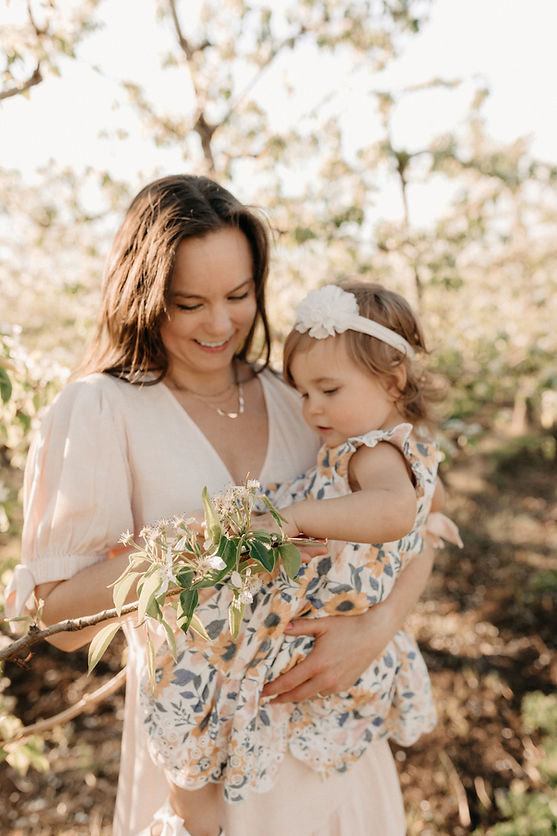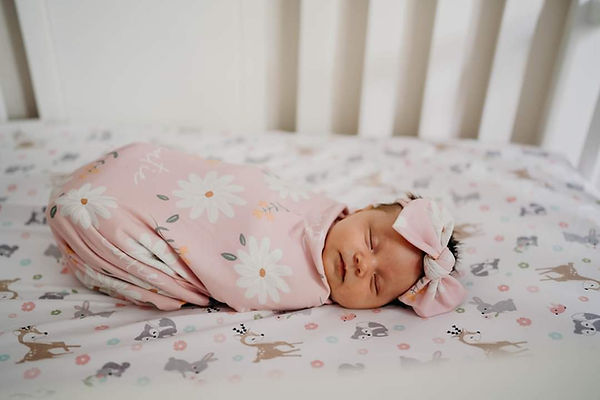Simple Sleep Tips For Babies
- Brittney Koleszarik

- Jan 5, 2023
- 2 min read

1. Have a solid bedtime routine. Having a repeatable set of actions done prior to bedtime will help prepare your baby for sleep by not only giving them time to wind down, but also “queuing” the brain into thinking, “sleep is coming soon”. A predictable routine also gives your baby a sense of security and eases anxiety.
2. Creating a sleep space that is optimal for sleep is foundational. Black out shades/curtains, a sound machine, a temperature of 68-72 degrees F is all ideal.
3. Paying attention to awake windows is just as important as sleepy cues. Paying attention to age-appropriate awake windows can help prevent overtiredness.
4. Nutrition is another key component to quality sleep. Try to breast/bottle feed about every 3 hours for the first year as this will ensure babies are getting most of their nutritional needs during the daytime rather than at night. Try to be sure those are full feedings as well. I recommend waking the baby up at the 3-hour mark if that’s when they last ate so they don’t skip a feed and try to make up for it overnight.
It is important that your little one knows where they are when they fall asleep. If your little one is aware that they are in the crib when they are falling asleep, everything will look, sound, and feel the same when they wake up. There will be no surprises and they won’t be confused or feel tricked when they wake up during the night or one sleep cycle into a nap.
5. I’m not saying to let your baby cry it out. I’m just saying, if she wakes up and starts crying- just pause for a few minutes before you respond. Of course, unless she’s hysterical. But not every whimper needs to be responded to. If you don’t rush into comfort baby at the first whimper, baby may not awaken fully and will drift back into a deep sleep without intervention, or baby may awaken and resettle herself back to sleep without your help. Baby may surprise you! Just practice this.









Comments